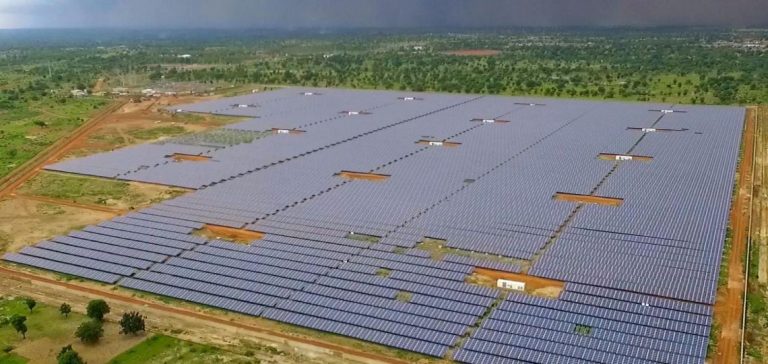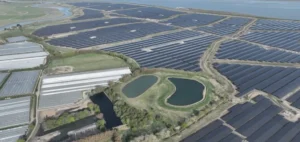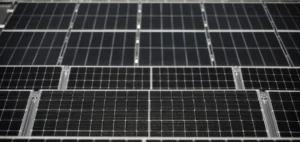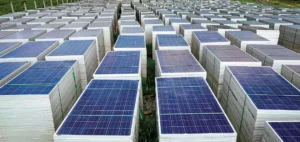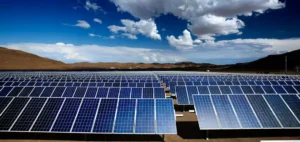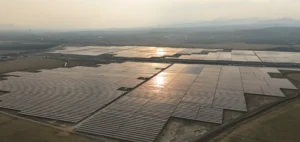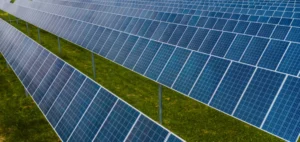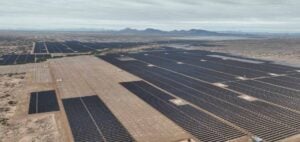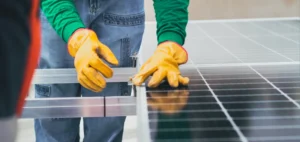SEG Solar, a photovoltaic module manufacturer, has started building a large integrated photovoltaic industrial park of this type in Indonesia, located in Batang, Central Java. This site, intended for the production of silicon ingots, wafers, cells, and modules, will reach an annual capacity of 5 GW by the end of the first phase scheduled for the second quarter of 2025. The project is part of an international expansion strategy aimed at diversifying production while anchoring in strategic regions for the development of the photovoltaic sector.
The Batang park will include ten N-type cell production lines, a cutting-edge technology in the renewable energy sector. SEG Solar also plans to collaborate with other component suppliers such as junction boxes, metal frames, and EVA films, to create a complete local ecosystem around solar energy. This initiative will reduce dependence on imported components while ensuring a stable and traceable supply chain.
Support from Local Authorities for a Structuring Project
The Indonesian authorities support this project, which aligns with the country’s ambitions to become a key player in the energy transition in Southeast Asia. Nurul Ichwan, Deputy Minister for Investment Promotion at the Ministry of Investment/BKPM, highlighted that this solar component production site will contribute to the development of green industrialization in Indonesia. SEG Solar has also received support from the Kawasan Industri Terpadu Batang (KITB), the agency responsible for the industrial zone, which views this project as an opportunity to strengthen the region’s competitiveness in the photovoltaic sector.
The park is expected to create over 3,000 jobs, thus enhancing the attractiveness of the Central Java province. This establishment could encourage other industry players to invest in the region, creating a ripple effect for the local solar industry. Furthermore, the development of this park could position Indonesia as a strategic hub for renewable energy in Asia.
Integration into SEG Solar’s International Strategy
The construction of this industrial park in Indonesia is part of SEG Solar’s global strategy to diversify its production geographically. The company aims to mitigate the risks associated with production cost fluctuations in Asia and respond to the growing demand for photovoltaic components. The cells and solar panels produced at the Batang site will partly supply SEG’s factory in Houston, USA, ensuring traceability of components throughout the value chain.
SEG Solar’s co-founder, Michael Eden, stated that this project is a cornerstone in the development of the company’s global supply chain. Local production in Indonesia is expected to strengthen the supply to the American factory while optimizing costs and delivery times. SEG also aims to position itself as a preferred partner for local players by providing high-quality cells and modules while supporting the Indonesian government’s decarbonation initiatives.
A Structuring Project for the Indonesian Photovoltaic Industry
SEG Solar’s initiative could transform the Indonesian photovoltaic sector by attracting other industrial players and boosting job creation. Kawasan Industri Terpadu Batang, as the project’s main partner, believes this collaboration will have a significant impact on the development of the green industry in Indonesia. Local authorities’ support for this project could also encourage other companies in the sector to establish their production capacities in the region, contributing to Indonesia’s economic diversification.
By partnering with SEG Solar, Indonesia could strengthen its position in the global solar energy market while supporting the development of green technologies within its territory. The success of this project, however, will depend on SEG’s ability to maintain its competitiveness in the global market and ensure the continuity of its investments in the region.

